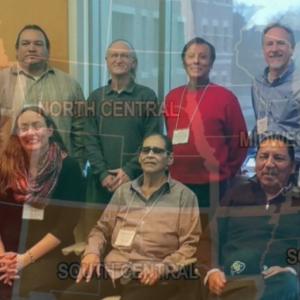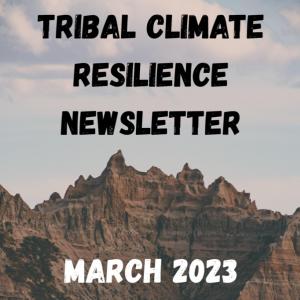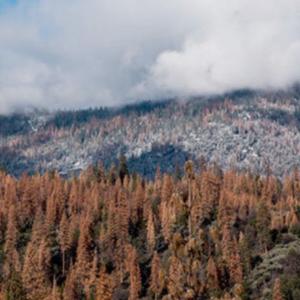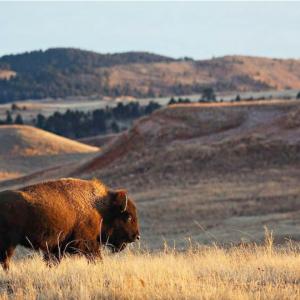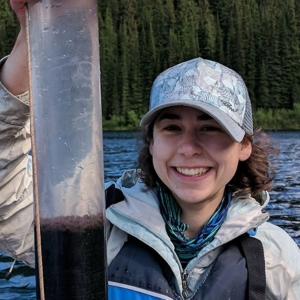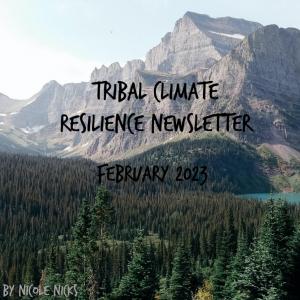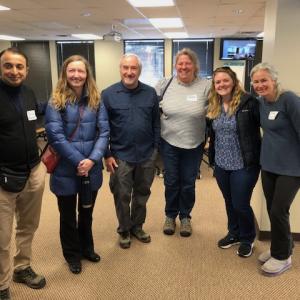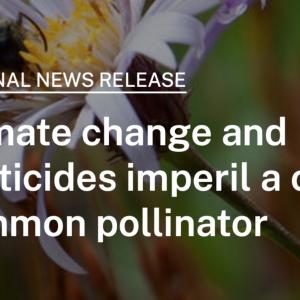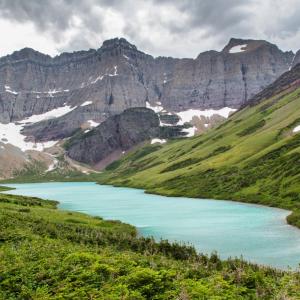News
Welcome to Dr. Kyra Clark-Wolf!
The NC CASC is happy to welcome postdoctoral associate, Dr. Kyra Clark-Wolf! She is studying ecological transformation in a context of changing climate and disturbance regimes. Kyra’s research interests integrate perspectives from paleoecology, fire ecology, and ecosystem ecology.
The Decline of the Western Bumble Bee
The western bumble bee was once common in western North America, but increasing temperatures, drought, and pesticide use have contributed to a 57% decline in the occurrence of this species in its historical range. NC CASC climate lead, Dr. Imtiaz Rangwala, is a co-author on this new U.S. Geological Survey-led study.



